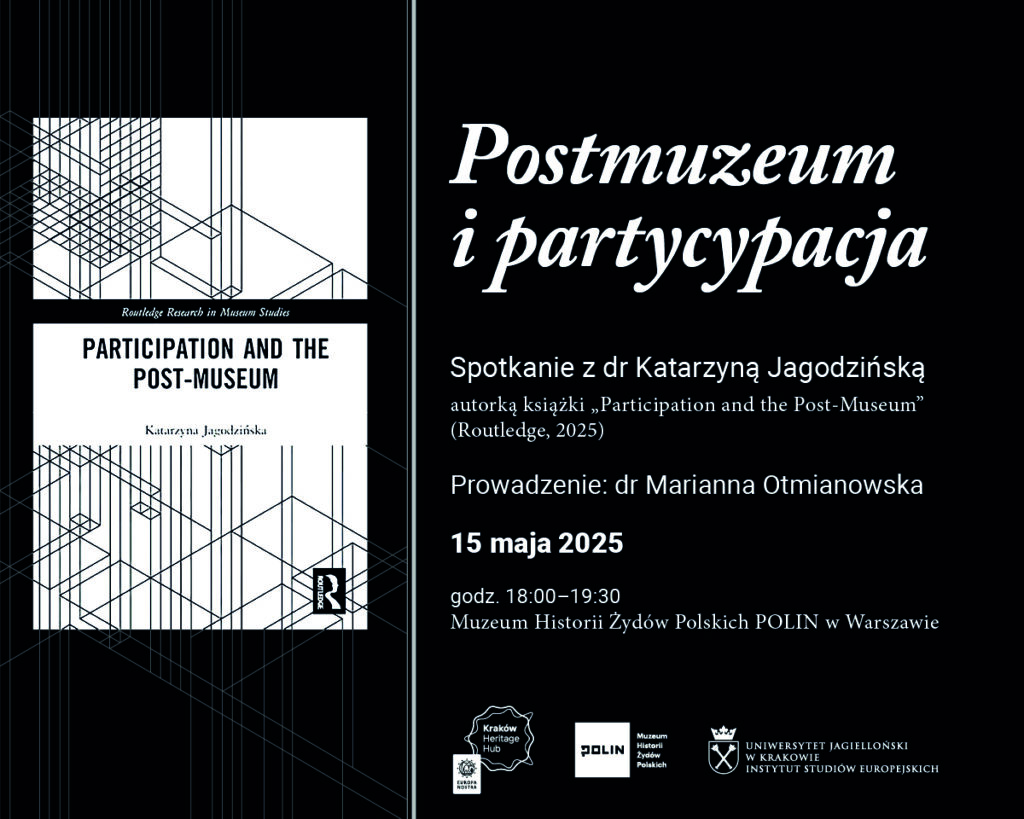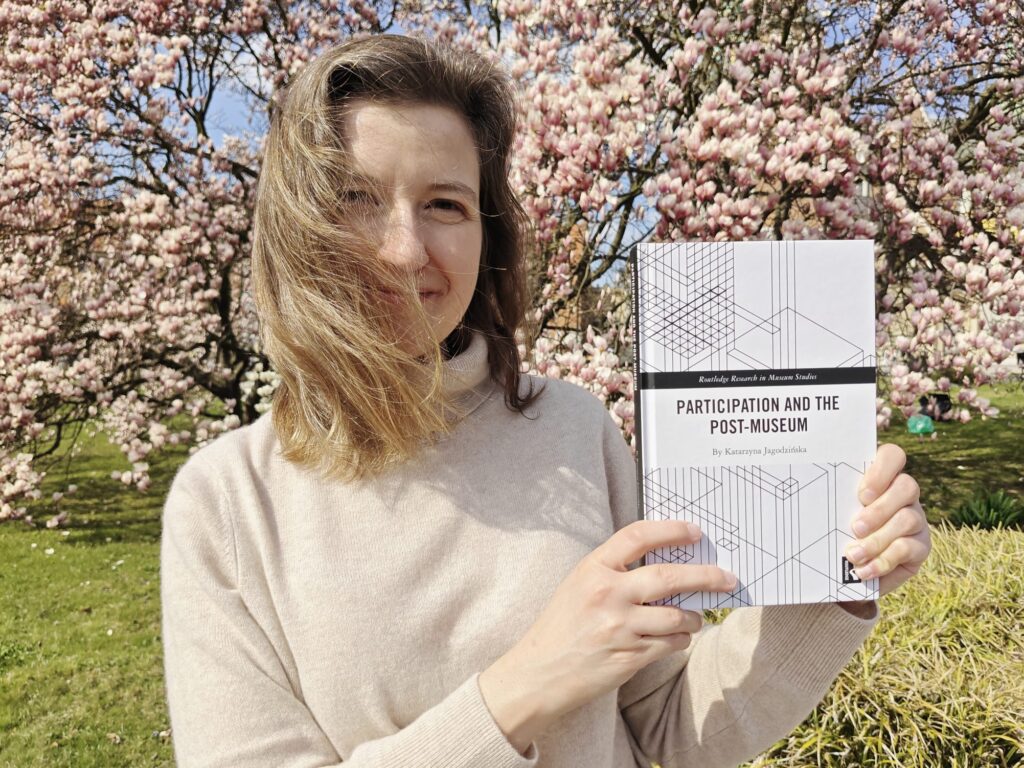We use cookies to help you navigate efficiently and perform certain functions. You will find detailed information about all cookies under each consent category below.
The cookies that are categorized as "Necessary" are stored on your browser as they are essential for enabling the basic functionalities of the site. ...
Necessary cookies are required to enable the basic features of this site, such as providing secure log-in or adjusting your consent preferences. These cookies do not store any personally identifiable data.
Functional cookies help perform certain functionalities like sharing the content of the website on social media platforms, collecting feedback, and other third-party features.
Analytical cookies are used to understand how visitors interact with the website. These cookies help provide information on metrics such as the number of visitors, bounce rate, traffic source, etc.
Performance cookies are used to understand and analyze the key performance indexes of the website which helps in delivering a better user experience for the visitors.
Advertisement cookies are used to provide visitors with customized advertisements based on the pages you visited previously and to analyze the effectiveness of the ad campaigns.
The team at Kraków’s Europa Nostra Heritage Hub is not only engaged in heritage practice, but also in scholarly work. The Hub’s Head, Dr. Katarzyna Jagodzińska, has just published her new book in the prestigious British Routledge publishing house: ‘Participation and the Post-Museum’.
Do participatory tools, indeed, make museums participatory? Or maybe they contribute to create an illusion that conceals an authoritarian position that remains unchanged? The book elaborates critical thinking on one of today’s most popular buzzwords: participation.
The book discusses power relations in museums and empowering the public to co-author, collaborate and take co-responsibility. Discussion is based on case studies from Polish museums – they are historical, art, ethnographic and universal museums, located in cities and provinces.
The publication will take a leading role at three meetings taking place in various museums described extensively in the book: 15 May 2025 at the POLIN Museum of the History of Polish Jews in Warsaw, 28 May 2025 at the Museum of Podgórze in Kraków, and 5 June 2025 at the Muzeum Sztuki in Łódź.
The Institute of European Studies at the Jagiellonian University is a partner of the meetings, with communication support from the Europa Nostra Heritage Hub.

